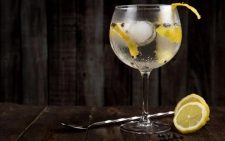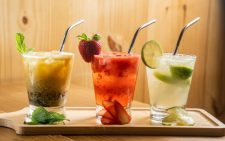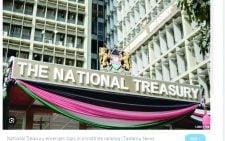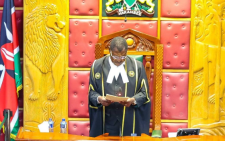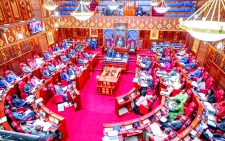Diageo plans cost cuts, asset sales amid declining demand
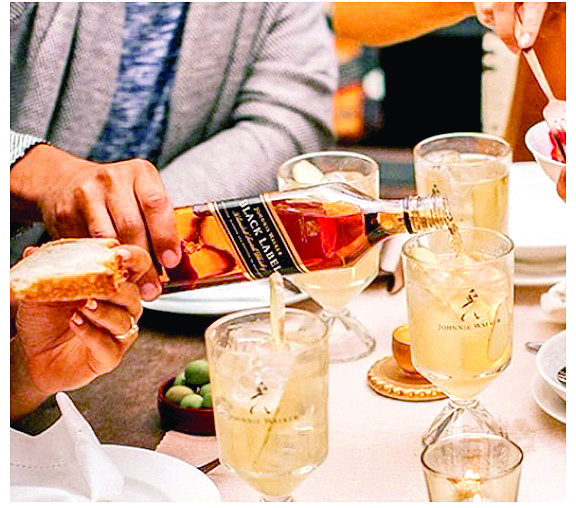
Diageo, the parent company of East African Breweries Limited (EABL), is reportedly considering significant asset disposals, including its remaining operations in Africa, as part of a strategic shift toward an “asset-light” model.
This move aims to streamline operations, reduce exposure to volatile markets, and address declining alcohol demand and investor pressure.
In recent years, Diageo has divested several African subsidiaries, such as Guinness Ghana Breweries, Guinness Nigeria, Guinness Cameroon, and Meta Abo Brewery in Ethiopia. Despite these sales, Diageo has retained ownership of key brands like Guinness, licensing them to local operators.
Diageo’s $500 million (Sh64.5 billion) cost-cutting plan signalled “substantial” portfolio changes beyond the usual sale of minor brands.
“It is going to be above and beyond the usual smaller brand disposals that you have seen over the last three years,” said Chief Financial Officer Nik Jhangiani.
EABL, headquartered in Nairobi, remains one of Diageo’s most profitable ventures in Africa, contributing 65 per cent of the group’s total revenue.
However, the Nairobi-listed brewer, best known for Tusker and White Cap, has recently faced challenges, including a 12 per cent decline in profit due to currency devaluation and rising interest rates.
While Diageo has not announced plans to divest EABL, any potential sale could impact Kenya’s economy, given EABL’s significant role in employment, tax revenue, and foreign investment.
The Kenyan government and stakeholders would likely scrutinise such a move closely as Diageo mulls cost-cutting measures amid slowing global alcohol demand.
Debt remains high
The move comes as the FTSE 100 company’s growth slows and its debt remains high, drawing comparisons to the structural decline of tobacco companies. Shares have fallen 24 per cent over the past year.
With global drinking patterns shifting and economic uncertainty deepening in key markets like the US and China, Diageo is pivoting to a leaner, more agile model anchored by digital capabilities and a push for Sh387 billion ($3 billion) in free cash flow by next year.
Kenya’s EABL, which Diageo has controlled through a majority stake, stands out as one of the few African assets left in its portfolio after years of divestments across the continent.
According to analysts from Bernstein and Jefferies, EABL’s strong regional presence and profitability make it a logical sale candidate, especially given Kenya’s volatile currency and recent tax burdens on alcohol producers.
EABL, however, was noted to be more than just a brand in Diageo’s portfolio. The company remains deeply embedded in Kenya’s economy, culture, and capital markets.
A Diageo exit would send ripples through several layers of the ecosystem. Thousands of jobs, from bottling plants in Ruaraka to sorghum farms, would be thrust into uncertainty.
As one of the Nairobi Securities Exchange’s (NSE) top blue-chip stocks, EABL’s fate could rattle local investor sentiment and weigh on market performance.
And on the consumer end, there’s no telling what a change in ownership might mean for brands like Tusker, whose identity is wrapped up in Kenyan heritage.
Yet the pressure on EABL is easing, with signs of recovery already evident in its latest numbers. In its half-year FY2025 results, the brewer posted a 19.6 per cent rise in profit after tax to Sh8.1 billion, rebounding strongly from the previous year’s decline. This was buoyed by easing inflation, currency stability, and a lower interest rate environment.
Improved product mix
Net sales edged up 2.1 per cent to Sh67.9 billion, supported by strategic pricing and an improved product mix. Operational costs were contained, and finance costs fell 14.4 per cent, thanks in part to reduced debt and foreign exchange gains from shilling appreciation.
Kenya still drives the bulk of the business, accounting for over 60 per cent of total revenues, with sales rising nine per cent, but Tanzania and Uganda continue to punch above their weight, recording 16 per cent and three per cent sales growth respectively.
On the Nairobi Securities Exchange, EABL has staged a measured recovery. As of January 31, 2025, the stock was trading at Sh180.50, approaching its 52-week high of Sh191.00.
Analysts at NCBA Investment Bank have assigned a “Hold” rating, with a fair value estimate of Sh182.78, implying a modest upside of 1.3 per cent.
Investors received an interim dividend of Sh2.50 per share, up from Sh1.00 a year ago. Based on current performance, the full-year payout could hit Sh8.00, translating to a dividend yield of around 4.4 per cent and a projected payout ratio of 52 per cent, assuming annualised earnings per share hold at Sh15.30.

